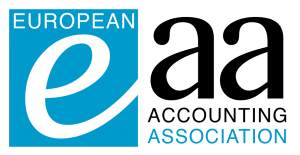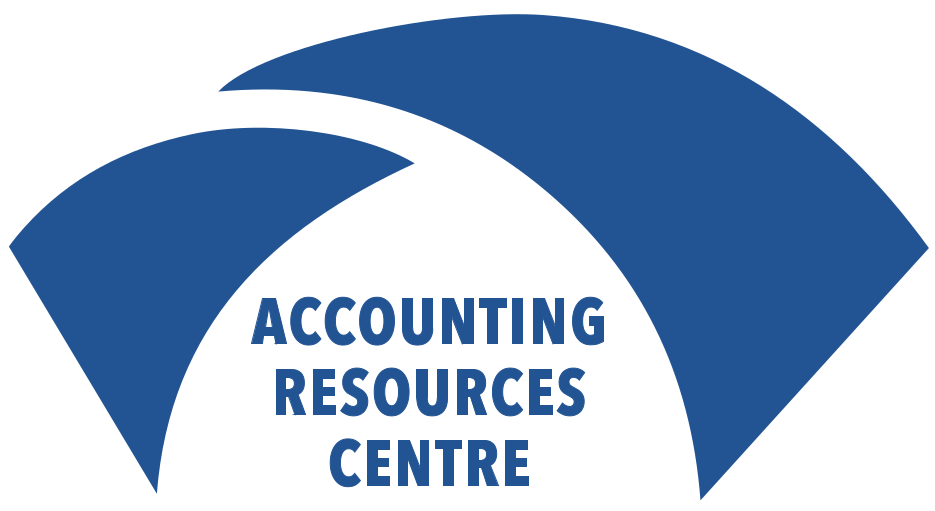Capabilities-related disclosures and investors’ recognition of organisational resilience – an automated textual analysis of 10-K filings
Recent economic crises have reinforced top management’s attention for organisationalresilience, i.e. to consider how firms can absorb and recover from adverse events in their business environment. To strengthen organisational resilience, firms require capabilities that stabilise the current business and effect changes to fit the new environment. Given the limited informativeness of financial disclosures to predict a firm’s future, reliable information about firms’ capabilities becomes increasingly strategically relevant for investors.
Based on a sample of 1,020 publicly traded U.S. firms, this study analyses how pre-crisis information relating to the capabilities of firms for creating slack (i.e. financial cushions), supporting learning (i.e. incremental changes), and fostering innovation (i.e. fundamental changes) is associated with investor reactions that are consistent with a recognition of organisational resilience during an adverse event (COVID-19). To quantify the extent of capabilities-related information, we apply an automated textual analysis to voluntary disclosures in the Item 1 and Item 7 of 10-K filings in a cross-sectional sample of firms listed in the S&P 1500 Index (2018-2022). We use the share prices of our sample firms to create a comprehensive measure of organisational resilience, considering three sequential stages of adversity. Specifically, we quantify a firm’s absorption level through the decrease in the share price at the onset of adversity, its adaptation level through the recovery of the share price amid adversity, and its transformation level through the increase in the share price following adversity.
At the onset of adversity, we find that disclosures about slack capabilities appear to mitigate the immediate decrease in the share price (absorption), suggesting that investors might prioritise information on the financial soundness of a firm over its ability to conduct changes. In the intermediate term, we find that disclosures about slack, learning, and innovation capabilities are associated with an accelerated share price recovery for most sample firms(adaptation), suggesting that investors then tend to recognise information on firms’ ability to implement changes. In the longer term, we find that disclosures about innovation capabilities are primarily associated with an increased share price (transformation), which suggests that innovation disclosures may create expectations among investors of fundamental rather than incremental changes. Our empirical results indicate that capabilities-related disclosures are differently associated with investor reactions as firms progress through sequential stages of adversity. The usefulness of capabilities-related disclosures for investors is a new and important finding given the increasing uncertainty among investors regarding firms’ ability to manage prospective challenges.
The reference for this article can be found below:
Neunsinger, C., Reimann, L., & Fischer, T. M. (2026). Capabilities-related disclosures and investors’ recognition of organisational resilience – an automated textual analysis of 10-K filings. European Accounting Review, 1–32. https://doi.org/10.1080/09638180.2025.2606678

